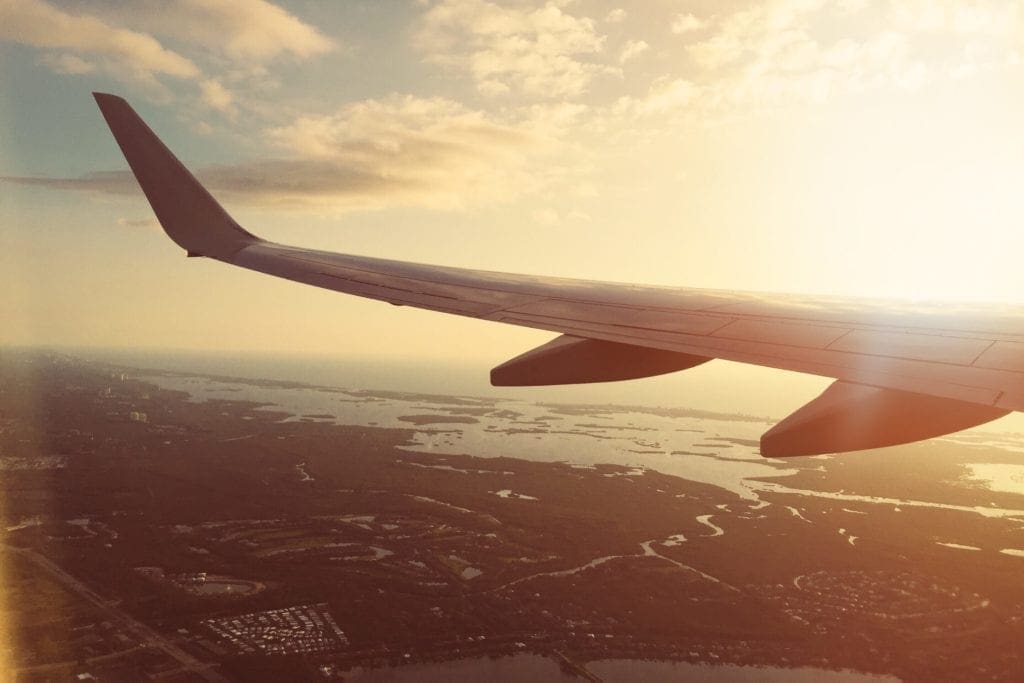Americans can’t afford to do much these days. But when it comes to traveling by air, American consumers often feel trapped. Not simply because the Transportation Security Administration (TSA) is everywhere, getting to perform procedures on innocent travelers only violent prisoners should be subject to. But also because flight tickets are too expensive.

In an article for Reason, Mercatus Senior Research Fellow Veronique de Rugy explained that while a consumer may pay about $541 for one single plane ticket from New York to Paris, at least 74 percent of the total cost ($401) goes entirely to taxes and fees. In case you fly domestically, you might pay fewer taxes. Still, you will be paying more simply because U.S. airlines have been lobbying aggressively to make sure that international air flight companies aren’t allowed to offer more domestic flights. As a result, only American airlines have the privilege to fly consumers inside of the country. Without competition, these companies function as a monopoly, forcing consumers to have fewer options both in flights and in prices.
And what’s worse, when defending these policies both lobbyists and lawmakers claim to be in support of such protectionist measures because they protect American jobs.
Of course, because if foreign airlines offer more flights within the U.S. territory more foreigners will be employed, pushing Americans out of the workforce, correct? Absolutely not.
Even if foreign companies expand in America, that will mean more and not fewer opportunities for American workers. But it doesn’t stop there. It will also benefit American consumers, who will have more options of flights and prices. With more affordable flights they will be able to travel more often, boosting the gains to all airline companies competing openly.
Still, even if foreign airlines were to compete with American companies openly at some point in the future, the delays and additional problems caused by the government-run security lines managed by the TSA would continue to serve as a deterrent to consumers who prize their privacy and physical well-being more than their willingness to travel. Unfortunately, the TSA is also constantly lobbying to remain relevant, making its influence harder to ignore.
Still, if the current administration and Washington, D.C., lawmakers are serious about boosting the economy, they should be considering bringing the TSA to an end while also allowing free and open competition in the airline business domestically as well.
Unfortunately, something tells us that crony capitalism will remain strong, so long as there is a state and a group of lawmakers eager to enjoy the perks that come with supporting the causes that are dear to their donors.

























